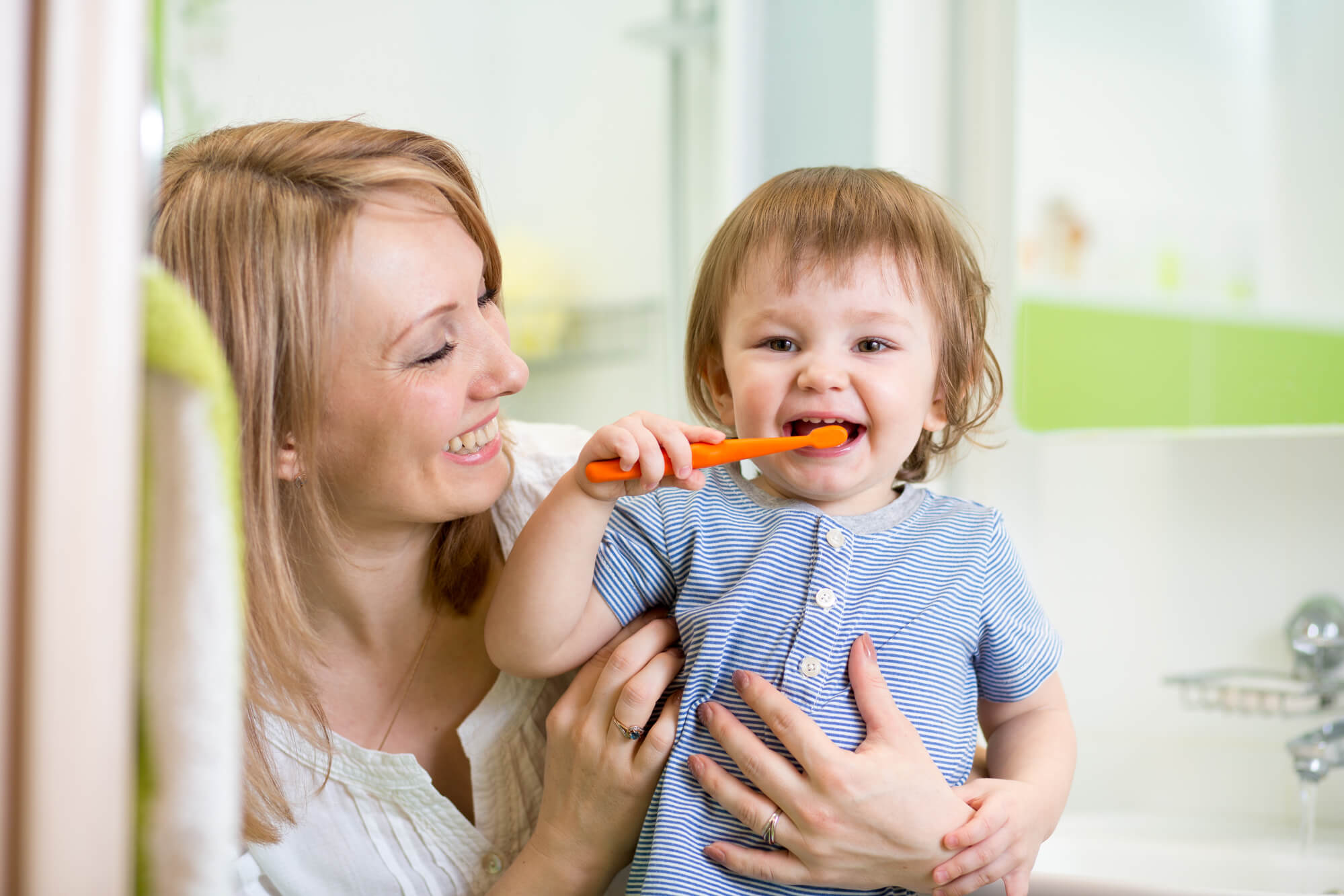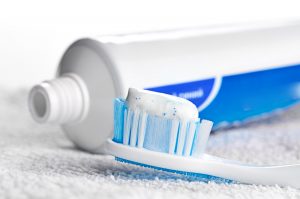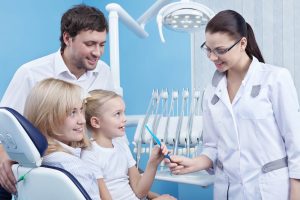
As dentists, one of the things we get asked on a regular basis is how to clean children’s teeth efficiently.
The latest figures from the Local Government Association (LGA) found that hospital extractions for under 18s in England are up almost a fifth over the last four years. Teenager and child tooth extractions hit record highs last year, working out as 170 hospital operations per day.
We want to help decrease this figure. We have put together a guide on how to keep your child’s teeth and mouth squeaky clean and free of decay.

It is important to use a fluoridated toothpaste to protect your child’s teeth from tooth decay. You should be aware of how much fluoride is recommended for the age of your child. Some brands of toothpaste that are specially marketed towards children don’t actually contain enough fluoride. The contents of the toothpaste should be stated on the tube.
Children from the age of seven can use toothpaste containing 1,350-1,500ppm of fluoride. Children up to the age of six who are free of tooth decay can use a lower strength toothpaste as long as it contains at least 1,000ppm. If your child is aged three to six, they should use a pea-sized amount of toothpaste and if they are below the age of three should use just a smear.
It’s extremely important you don’t let your child eat or lick toothpaste from the tube, or swallow it after brushing.
You should brush your child’s teeth for the same as you would brush yours. Once before bed and once at another time during the day. You should also not brush within an hour of eating or drinking. This can cause damage to the enamel on the teeth.
Encourage your child to spit out any excess toothpaste after brushing. Rinsing with water should be avoided. It can wash away the fluoride of the toothpaste and make it less effective at protecting the teeth.
Supervising and helping your child brush their teeth is recommended until the age of seven or eight, but we think a gentle reminder every now and then is a good idea even when your child has entered the teenage years.
When your child is learning to brush their own teeth, there are several steps you can do to help:

Developing a regular oral health routine is extremely important for you and your child. You should start brushing their teeth as soon as their first tooth starts to break through the gum. We also recommend that you bring your child along to your own dental appointments so they can get used to the sights and sounds of the practice before their own appointment.
When you take your child to the dentist, make it a positive experience. If you have nerves surrounding the dentist yourself, make sure this doesn’t affect your child. This will stop them from becoming worried about future dentist appointments.
Fissure sealants are often used when your child’s permanent back teeth have started coming through. They are a thin layer of plastic that protect the teeth from decay. The plastic coating keeps germs and food particles out of the grooves of the teeth and can last five to ten years.
Another treatment that might be offered to your child is fluoride varnish. This varnish can be applied to both baby and adult teeth and is used every six months to strengthen the enamel and prevent decay.
It is a well-known fact that sweets, chocolate and fizzy drinks are bad for your teeth, however, this doesn’t mean to have to ban your child from having these. We recommend limiting your child’s consumption of these sweet treats to at meal times. This will cut down the regularity of acids in the mouth, reducing the risk of tooth decay.
The best snacks to give your child are fruit and raw vegetables like bananas, cucumber and carrot sticks. Toast, rice cakes and plain popcorn are also good snacks as they contain low sugar. Snacks marketed as healthy such as dried fruit can actually cause damage to teeth so it’s a good idea to limit these to meal times only.
The best drinks for children to have are still water and milk. Try to avoid fizzy drinks at all costs as the large amount of sugar and acid they contain will increase the risk of tooth decay.
If you would like more advice on how to look after your child’s teeth or would like to book a check-up appointment for your child, call Regent Dental Centre on 0161 941 2143.


Website last updated: April 2024
Website Designed, Developed and Maintained by Pop Creative